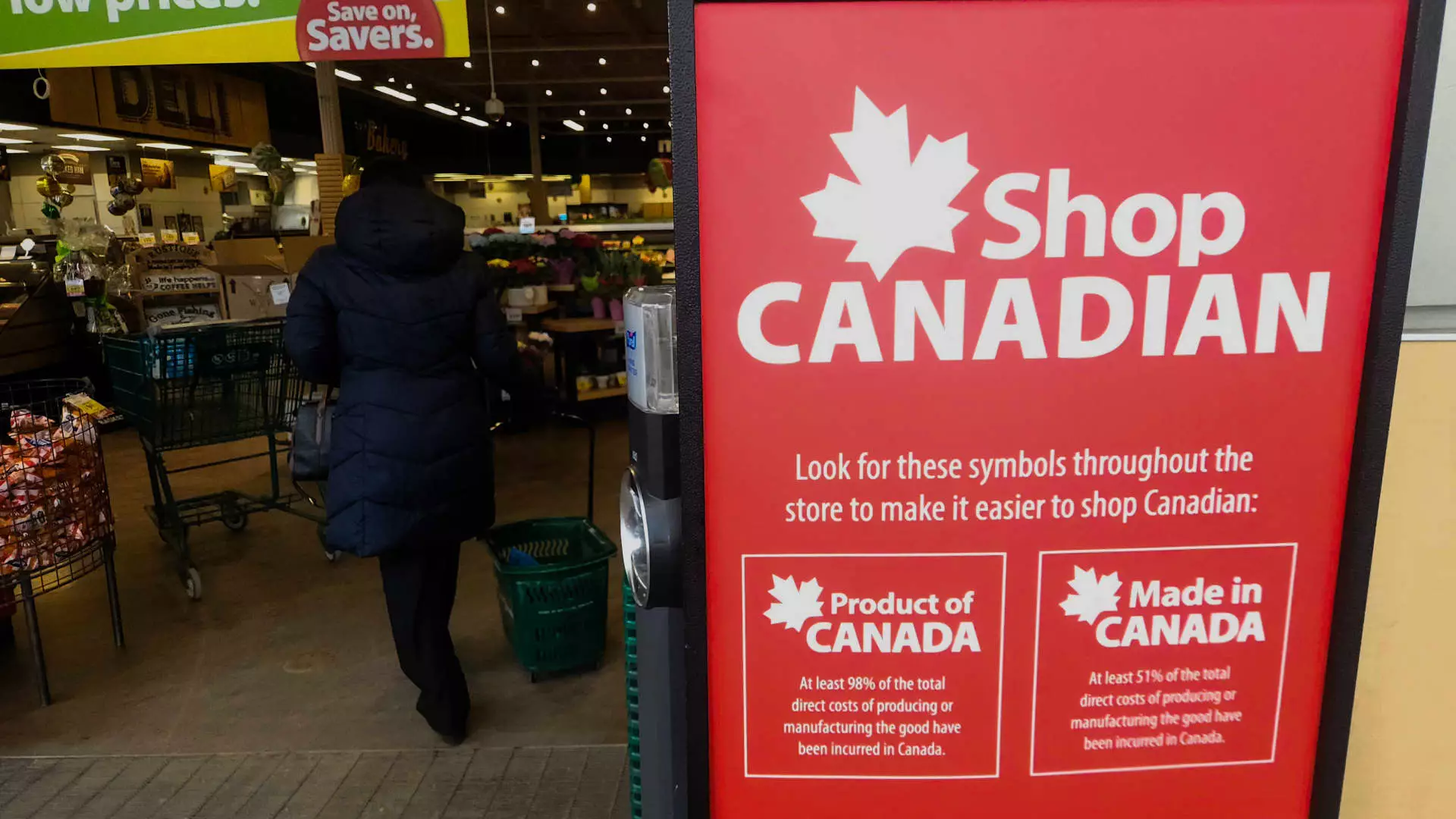At the heart of trade negotiations, few things matter more than trust. When tariffs were levied by the Trump administration starting in 2024, the trade relationship between the U.S. and Canada began to sour dramatically. While President Trump presented these measures as essential tools for leveling the international playing field, many Canadian small businesses feel deeply betrayed. For them, the impact of these new tariffs isn’t just a matter of increased costs; it carries an emotional weight that disrupts long-standing relationships and partnerships.
The notion that tariffs can be viewed as a personal affront—an attack on one’s livelihood—holds significant truth. A 10% tariff on Canadian energy alongside sweeping 25% tariffs on other essential imports suggests a drastic escalation in trade tensions. These tariffs make it crystal clear that the U.S. values economic nationalism over mutual cooperation. As companies like Balzac’s Coffee Roasters creatively adjust their branding to counter these measures—offering up a “Canadiano” instead of an Americano—the psychological ramifications of tariffs are becoming more apparent.
The Statistics That Speak Volumes
In 2024, trade between the U.S. and Canada reached an impressive $762.1 billion, with Canada exporting over 75% of its goods to the U.S. and relying heavily on American imports for nearly half of its needs. Such interdependence makes the repercussions of tariffs even more significant. Nearly half of Canadian small businesses reported direct dealings with U.S. markets, indicating a precarious economic balance.
Moreover, data from the Canadian Federation of Independent Business (CFIB) reflects a growing sentiment of distrust among its members, with over half declaring that the U.S. is no longer a reliable trading partner. Such a stark realization showcases the fragility of economic ties, which now hang in the balance. When trust erodes, not only does business suffer, but the emotional toll on entrepreneurs becomes an additional layer of stress.
Resilience in the Face of Adversity
Despite the emotional labor demanded by these evolving trade relations, Canadian businesses are showcasing resilience. Instead of curling up in a ball of defeat, many have taken proactive measures. The independent supermarket chain Your Independent Grocers is leveraging national pride by marking Canadian-made products with a maple leaf badge and labeling tariff-impacted items clearly. The aim? To encourage consumers to buy local and strengthen their own economy, even As they weather the storm created by U.S. policies.
Entrepreneurs are also discussing contract renegotiations, seeking advice on how to adapt in a rapidly changing landscape. The emotional investment in these partnerships is undeniable, leading to a situation where every decision—every tariff—feels like a serious gamble. As Corinne Pohlmann notes, businesses are not only grappling with financial losses but also facing a deep sense of betrayal.
What’s At Stake Beyond Dollars and Cents?
The tension in trade negotiations reflects a much larger geopolitical narrative. Tariffs, often wielded as instruments of hard power, can have far-reaching consequences for a nation’s soft power as well. Former Secretary of State Antony Blinken recently stated that the erosion of the U.S.’s influence and moral standing on the global stage is a major concern. Countries like China are watching, and as U.S.-Canada relations fray, those looking to shift alliances or strengthen their own positions may find fertile ground to exploit.
The idea that our diplomatic and economic relationships can be reduced to a series of impersonal tariffs is not just misguided; it’s dangerous. Trust is fundamental in international trade, and history shows that once it’s broken, the repercussions can last for generations. Many Canadian businesses are likely to hesitate long after tariffs are lifted. The scars from financial betrayal make rebuilding efforts a challenging task and can result in long-lasting damage to what was once a robust trade partnership.
The Future: Uncharted Waters
As we navigate the murky waters of tariffs, uncertainty looms for small businesses operating near the U.S. border. The prospect of enduring trade conflict feels almost inevitable, and while Canadian businesses show a willingness to adapt and change, their emotional and financial resources will only stretch so far. If relations cannot be restored, not only will individual businesses suffer, but so too will the collective trust between two nations that have historically thrived by supporting one another.
At the end of the day, the implications of tariffs go beyond mere numbers. They strike at the very core of what it means to do business across borders, leaving an indelible mark on partnerships that may never fully recover. As these businesses tread forward, the lessons learned from this tumultuous period will likely shape their strategies for years to come, making it clear that the impact of tariffs is anything but trivial.

